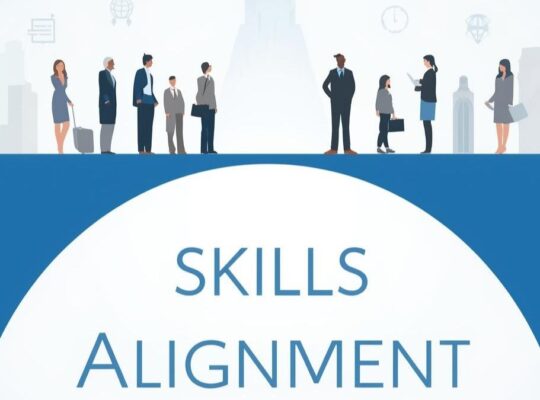In the dynamic landscape of the 21st century, obtaining a degree is often perceived as a gateway to career success. However, the harsh reality in India is the growing chasm between academic qualifications and actual employability. The employability gap among Indian degree holders is a pressing issue that demands immediate attention and collaborative efforts from both the government and the private sector.
Understanding the Employability Gap:
The employability gap stems from a misalignment between the skills imparted through traditional education and the evolving demands of the job market. Many degree holders find themselves ill-equipped to navigate the complexities of the professional world, leading to unemployment or underemployment. This dissonance not only affects individuals but also hampers the nation’s economic progress.
In the words of N. R. Narayana Murthy, co-founder of Infosys, “It is not the degree that defines success; it is the skills, the ability to adapt, and the willingness to learn that make an individual truly employable.” This sentiment underscores the importance of skills over mere academic qualifications.
Strategies for the Government:
- Skill Development Initiatives: The government should prioritize and invest significantly in skill development programs. Collaborations with industry leaders can ensure that the skills being taught align with current market needs. Integrating practical, hands-on experiences within the curriculum is vital to produce job-ready graduates.
- Industry-Academia Partnerships: Establishing stronger ties between educational institutions and industries is crucial. Internship programs, guest lectures, and industry-sponsored projects can provide students with real-world exposure, bridging the gap between theory and practice. The government can incentivize such partnerships to encourage active participation from private sectors.
- Flexible Curriculum: The curriculum needs to be agile, adapting to the rapidly changing job market. Regular revisions, inclusion of emerging technologies, and a focus on soft skills like communication and critical thinking can enhance the overall employability of degree holders.
Strategies for the Private Sector:
- Invest in Training Programs: Private companies can play a pivotal role by investing in training programs. Bridging the gap between academic learning and practical application, these programs can help graduates acquire industry-specific skills and make them more marketable.
- Embrace Diversity and Inclusion: Companies should focus on creating inclusive work environments that value diverse perspectives. This not only enhances the overall workplace culture but also ensures that individuals from different educational backgrounds are given equal opportunities.
- Mentorship Programs: Establishing mentorship programs within organizations can be instrumental in guiding young professionals. Experienced mentors can provide insights, share industry knowledge, and help newcomers navigate the complexities of their chosen field.
Meet Anjali, a recent graduate armed with an engineering degree but struggling to find a job in her field. Her story is not unique, echoing the experiences of countless young Indians. Anjali’s journey highlights the real challenges faced by degree holders, emphasizing the need for a collective effort to reshape the landscape of employability in India.
As we navigate this discussion on employability, it’s essential to hear from you, the readers. What experiences or insights do you have regarding the employability gap? Share your thoughts on how a collaborative approach between the government and the private sector can reshape the future for degree holders in India. Let’s build a dialogue that contributes to meaningful change. Together, we can bridge the gap and pave the way for a more employable and prosperous India.







